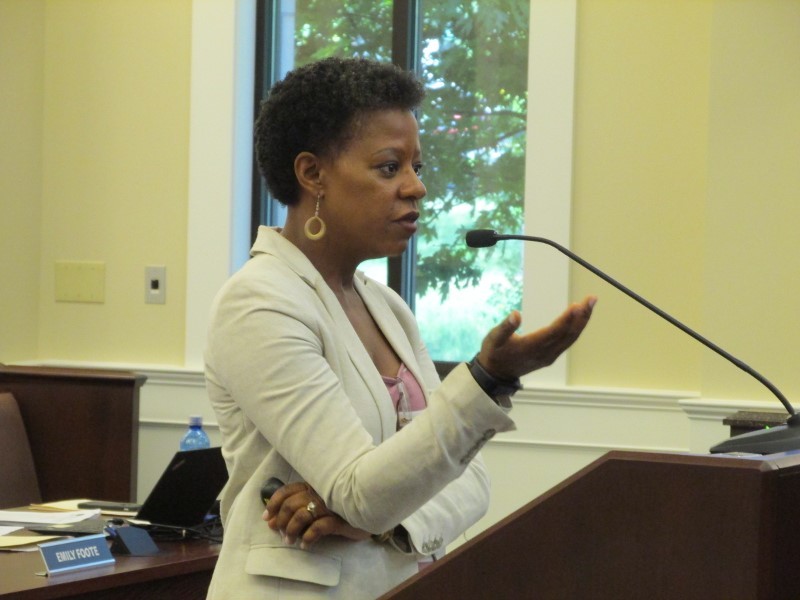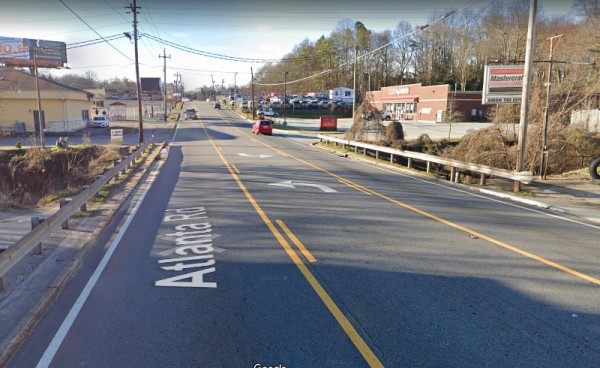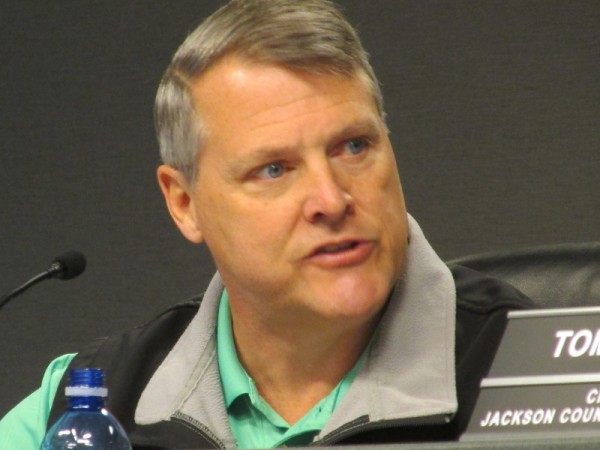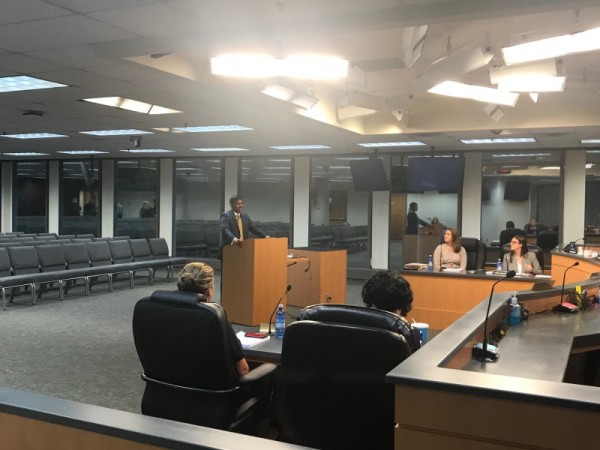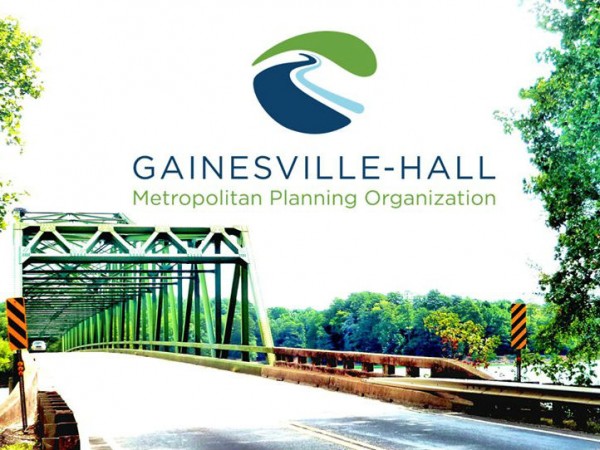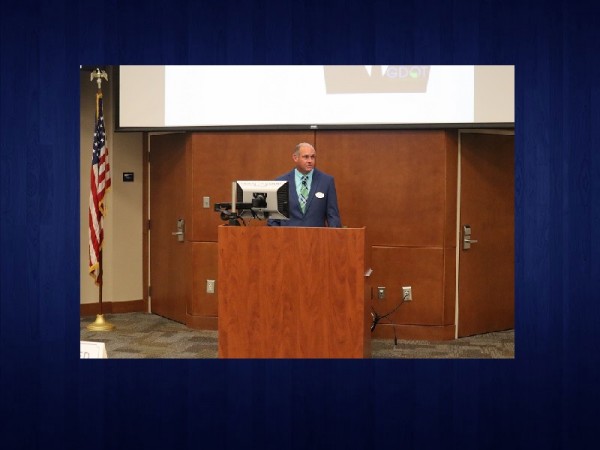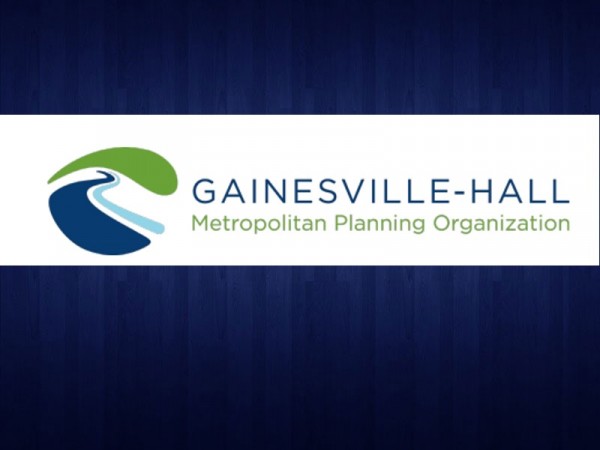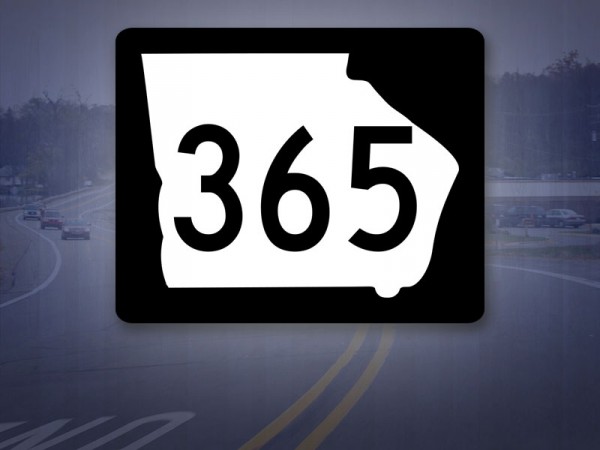GAINESVILLE - The Gainesville-Hall Metropolitan Planning Organization (GHMPO) not only plans and debates the area’s transportation needs for the coming decades, but they must be keenly aware of how those objectives will be funded and any changes that might affect the funding mechanisms.
This week the GHMPO Policy Committee heard from Phillips Lewis Moss, Director of the Gainesville-Hall Community Service Center, about an expected change in certain statistical data pertinent to Hall County that could seriously impact transportation funding.
“As you know the 2020 Census is just around the corner,” Moss began. “One of the predictions is that Hall County will move from what we call a ‘Small Urban’ designation to a ‘Large Urban’ designation...we will hit the magical number of 200,000 people.”
Policy Committee chairman, Oakwood Mayor Lamar Scruggs, said topping 200,000 is almost a guarantee.
“I would not be surprised...if you did not go way above the 200,000 mark,” Scruggs said. “Maybe the 250,000 range.”
Moss says once the census is completed it takes the Office of Management and Budget a couple of years to issue their designations for metropolitan areas across the country. “When that occurs lots of things happen; most of them are good, some of them are not so good.”
“Some of the down side of becoming a ‘Large Urban’ area...impacts public transit, (and) is that currently public transit operations for both Dial-a-Ride and Gainesville Connection fifty percent of the operating funds are paid for through the Federal Transit Administration,” Moss explained.
“However, when we move from ‘Small Urban’ to ‘Large Urban’ we will no longer be eligible for that fifty percent match.”
“That’s significant,” Moss said with emphasis. She estimated the direct funding loss to be in the area of $1.5-million.
“So what communities need to do...is we have to start to prepare. We have to ask, ‘How do we handle these operating funds?’.”
Moss said she researched what other cities did when facing the same funding cut. “Some communities use advertising on theirs buses, shelters and benches,” she shared.
Fare hikes and public-private partnerships were other options according to Moss.
“The sooner we come up with some solutions, the sooner we come with a strategy to bridge the gap the better...we definitely don’t want to wait until the day before.”
Moss said being classified a “Large Urban” city did have some benefits: federal monies that provide for other projects would come directly to the city and not be distributed by state agencies such as GDOT (Georgia Department of Transportation) or the DCA (Department of Community Affairs). That would remove the administrative fees charged by the state for distributing those funds.
And federal contributions for purchasing capital assets such as buses would increase slightly.
“There is a lot of planning that needs to be done,” Mayor Scrooge’s said.
As one unidentified audience member put it, “Do a good job developing an area and it’ll cost you sooner or later.”


